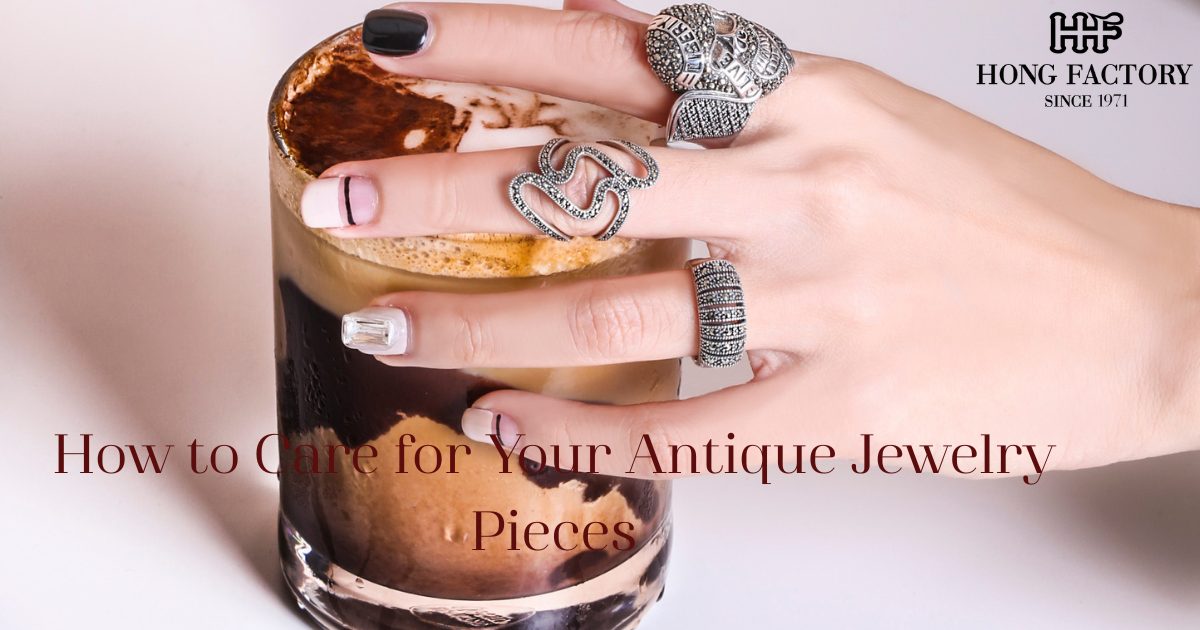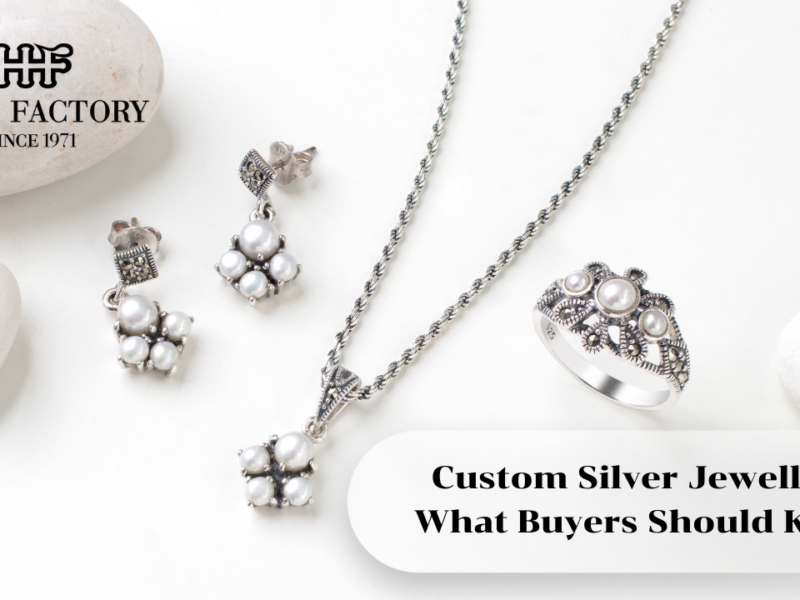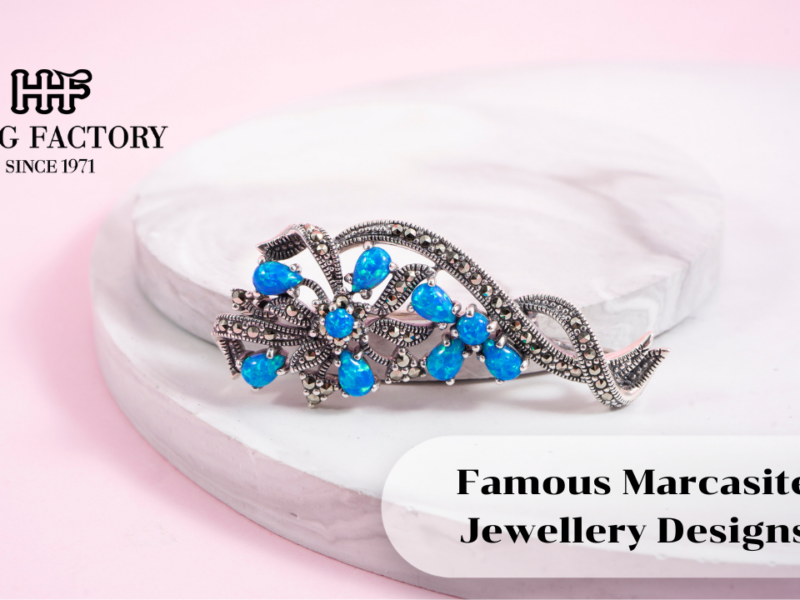Antique jewelry holds not only beauty but also historical and sentimental value. These delicate pieces require special care to maintain their integrity and charm. Whether inherited or collected, antique jewelry must be handled, stored, and cleaned properly to ensure it lasts for generations. This guide provides essential tips on caring for your antique jewelry pieces. Care for Your Antique Jewelry
How to Care for Your Antique Jewelry Pieces
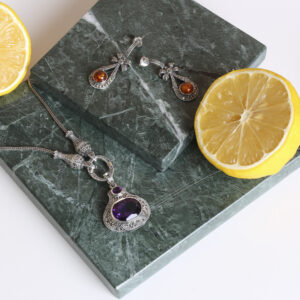
Why Antique Jewelry Requires Special Care
Unlike modern jewelry, antique pieces are often more fragile due to their age, craftsmanship, and materials. Proper maintenance helps:
- Preserve the original materials and settings. Care for Your Antique Jewelry
- Prevent damage caused by improper handling or cleaning.
- Maintain the piece’s historical and monetary value.
Essential Tips for Caring for Antique Jewelry
1. Store Antique Jewelry Separately
To prevent scratches and damage:
- Use a soft, fabric-lined jewelry box with separate compartments.
- Wrap pieces individually in soft cloth or acid-free tissue paper.
- Avoid storing antique jewelry in plastic bags, which can trap moisture and cause tarnishing.
2. Handle with Clean Hands
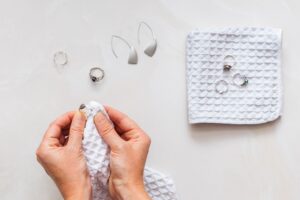
- Always wash and dry your hands before touching antique jewelry.
- Avoid lotions, perfumes, and oils that can weaken metal settings and pearls.
3. Clean Antique Jewelry Gently
Antique jewelry is often delicate and should never be cleaned with harsh chemicals. Best cleaning practices:
- Use a soft, damp cloth to wipe away dirt and oils.
- For deeper cleaning, mix mild soap with lukewarm water and use a soft brush.
- Avoid ultrasonic and steam cleaners, which can loosen old settings.
- Pat dry with a lint-free cloth and allow to air dry completely before storing.
4. Protect Jewelry from Excess Moisture and Heat
- Store antique jewelry in a dry place away from direct sunlight and humidity.
- Use silica gel packets in your jewelry box to absorb excess moisture.
- Keep antique jewelry away from extreme temperature changes, which can cause cracking or warping.
5. Inspect and Maintain Settings Regularly
- Check for loose stones, weakened clasps, or worn metal. Care for Your Antique Jewelry
- Have a professional jeweler experienced in antique restoration inspect your pieces annually.
- Avoid wearing antique jewelry during physical activities to prevent accidental damage.
6. Wear Antique Jewelry with Caution
- Put on antique jewelry after applying makeup, perfume, or hairspray. Care for Your Antique Jewelry
- Remove rings and bracelets before washing hands or doing household chores.
- Avoid exposing antique jewelry to chlorine, saltwater, and harsh chemicals.
7. Professional Restoration and Repairs
If your antique jewelry becomes damaged:
- Seek a jeweler who specializes in antique jewelry restoration. Care for Your Antique Jewelry
- Never attempt DIY repairs, as improper techniques can permanently alter or devalue the piece.
- Consider restringing antique pearl necklaces every few years to prevent breakage.
Common Mistakes to Avoid
- Over-polishing metal surfaces – Can remove patina and reduce historical value.
- Using regular jewelry cleaners – Many contain chemicals too harsh for antique materials.
- Storing pieces together – Increases the risk of scratches and metal reactions. Care for Your Antique Jewelry
- Ignoring signs of wear – Loose stones and weakened settings can lead to irreversible damage.
Caring for antique jewelry requires patience, gentle handling, and proper maintenance. By following these guidelines—storing pieces properly, cleaning with care, and seeking professional restoration when necessary—you can preserve the beauty and history of your treasured jewelry for generations to come. Care for Your Antique Jewelry
